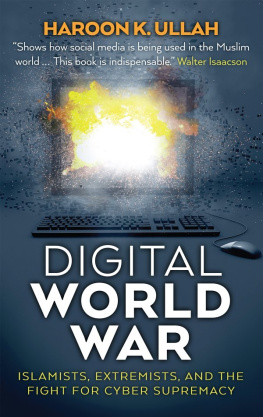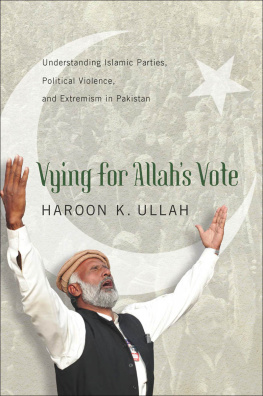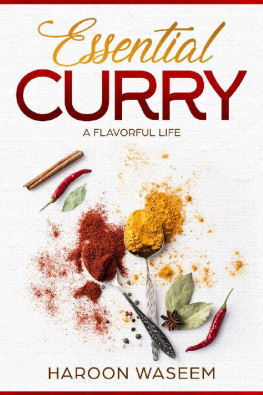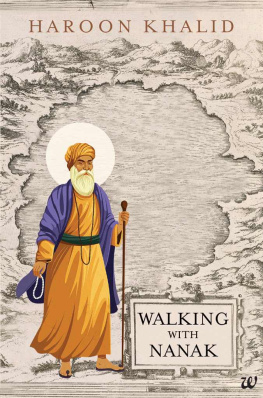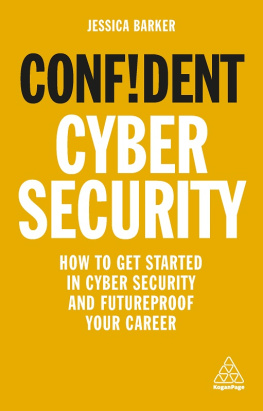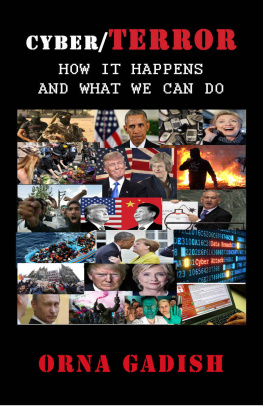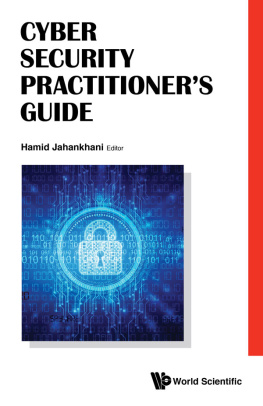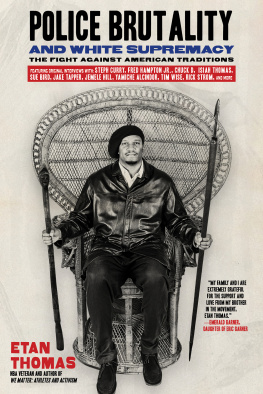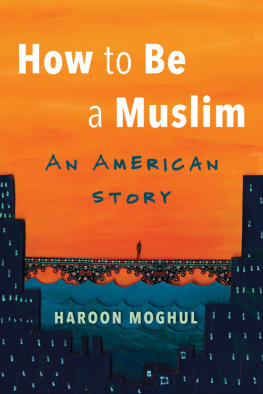This extraordinarily important book could not be better timed, nor could it have a more credible author. Haroon Ullah has been, and remains, a key figure in disputing the cyber/information sphere, and waging digital conflict with those who would traffic in terror, disinformation, and hatred. It was my honor to serve with him in this struggle, one in which he will be recognized as a leader for years to come. Ullah has done us all a great service in writing this marvelously researched and splendidly written book. John R. Allen, General, U.S. Marine Corps (Ret.), Former Special Presidential Envoy to the Global Coalition to Counter ISIL
As we come upon nearly a decade of intense protests and revolutions across the Middle East, social media has demonstrated its enormous potential to mobilize citizens and challenge regimes. In this important new book, Haroon Ullah provides a comprehensive analysis of the interplay between political rebels and cyber communitiesand how they will reshape the worlds most turbulent region. Parag Khanna, author of Connectography
Through research, deep knowledge and one-of-a-kind experience, Haroon Ullah brings to life the fight for hearts and minds with digital and social media as a proxy. In a world that is more connected than ever before, Digital World War examines how information, tools, and platforms are remaking the Muslim world. Everyone should read this book. Jonathan Perelman, former VP at Buzzfeed Studios, Director of Digital at ICM Partners
Haroon Ullahs visceral first-person story takes us across enemy lines on the emerging digital battlefield. Nova Spivack, co-founder and CEO, Bottlenose
Haroon Ullah has had a front-row seat to radical Islams rise in South Asia and the Middle Eastand to how social media has increasingly shaped political landscapes in these regions. The result is a must-read book, challenging stereotypes about how Islamist and extremist movements both use, and are fueled by, social media. Ullah argues that a more nuanced understanding of the dynamic environment in which these groups and their opponents operate would provide the West with greater opportunity to navigate an ever-changing online and political terrain.Kenneth R. Weinstein, President and CEO, Hudson Institute
Haroon Ullahs book is a must-read for anyone who wants to understand the future of public diplomacy. The digital war going on right now for the hearts and minds of young people throughout the Muslim world is the single most critical battle for global peace.Marc B. Nathanson, entrepreneur, investor, and philanthropist, former Chair of the US Broadcasting Board of Governors
Weve badly needed someone to make sense of the countervailing forces of repression and revolt unleashed by Web 2.0 in Islamic countries. Thank goodness Ullah has done it. Few have his policy chops and expertise; fewer still can match his eloquence. The result is an absorbing account of the war of digital words being waged in Muslim Asia and Africa and what it portends for the region and the world.Will McCants, author of The ISIS Apocalypse and Director of the Brookings Institution project on US Relations with the Islamic World
Haroon Ullah has written a unique book, offering a panoramic view of digital warriors across the Muslim world. Rather than focusing on young English-speaking liberals, Ullah shows us a dizzying and fascinating world where Islamist groups are fusing religion and cutting-edge technology to pursue their goals. Everyone who thought they knew about social medias role in revolt and rebellion should read Ullahs account. Shadi Hamid, Senior Fellow, Brookings Institution and author of Islamic Exceptionalism: How the Struggle Over Islam is Reshaping the World
In view of recent events, Digital World War makes an unquestionably timely and valuable contribution. The geographical breadth of the authors discussion is matched by his analysis of a wide variety of online platforms and techniques employed by many different Islamist organizations (both moderate and extremist) in their efforts to recruit followers and disseminate their messages. The overall picture of a cyber-savvy community of discourse whose adept use of social media is inherently radicalizing is an ominous one. James Jankowski, author of Egypt: A Short History
Digital World War unfolds like a novel, haunting and gripping. This is the new Homeland TV series. Ahmos Hassan, CEO of Chariot Management
One of the best books this year. Haroon Ullah is a visionary and master storyteller. He has given us a roadmap to win this war. Ben Silverman, CEO of Propagate, former co-chairman of NBC Entertainment and Universal Studios
Haroon Ullah is one of those rare persons that sees patterns on the information and intelligence battlefield and whats at stake for our childrens generation. Steve Petruso, retired senior intelligence officer
DIGITAL WORLD WAR

The views expressed are solely those of the author in his private capacity and do not in any way represent the views of the US State Department.
Copyright 2017 Haroon K. Ullah
All rights reserved. This book may not be reproduced in whole or in part, in any form (beyond that copying permitted by Sections 107 and 108 of the US Copyright Law and except by reviewers for the public press) without written permission from the publishers.
For information about this and other Yale University Press publications, please contact:
US Office: sales.press@yale.edu yalebooks.com
Europe Office: sales@yaleup.co.uk yalebooks.co.uk
Typeset in Adobe Caslon Pro by IDSUK (DataConnection) Ltd
Printed in Great Britain by TJ International Ltd, Padstow, Cornwall
Library of Congress Control Number: 2017948472
ISBN 978-0-300-23110-6
A catalogue record for this book is available from the British Library.
10 9 8 7 6 5 4 3 2 1
To my brother Muneer Ullah,
who taught me how to love and learn
(19902015)
CONTENTS
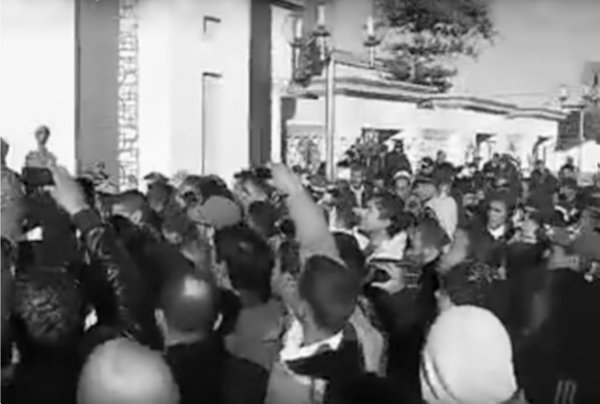
1 Video clips of the protests following Mohamed Bouazizis self-immolation in the impoverished town of Sidi Bouzid, Tunisia, in December 2010, triggered the countrys uprising and the Arab Spring after being shared widely across social media. This is a still from the first video filmed on the spot outside the government building where Bouazizi set himself on fire. The crowd are themselves filming the police presencean unconscionable act up to this point.
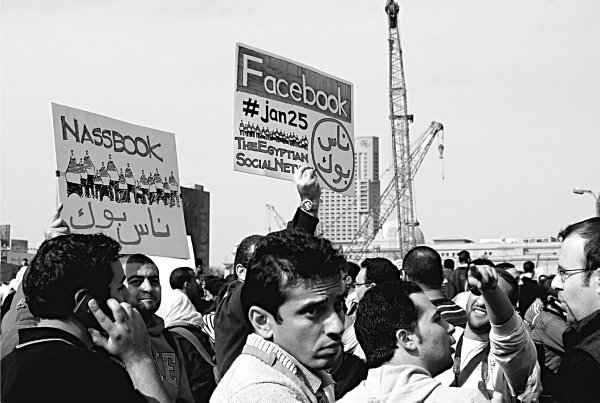
2 The role of social media in initiating and sustaining the 2011 Egyptian revolution is acknowledged by this placard in Tahrir Square. The hashtag #Jan25referring to the beginning of the uprising on January 2was tweeted 1.2 million times during the protests.
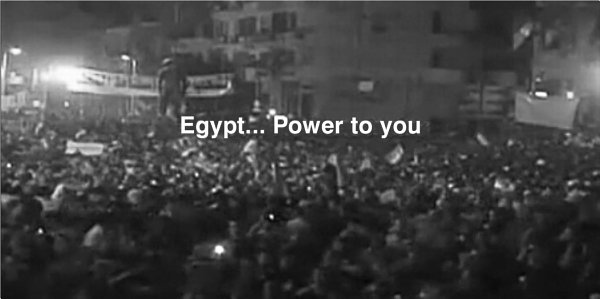
3 Emblazoning its slogan across an image of Tahrir Square, in this and other advertisements released in the West after Mubarak had been defeated Vodafone claimed to have been influential in inspiring the Egyptian revolution: We did not send people to the streets We did not start the revolution We only reminded Egyptians how powerful they are. In fact, the company shut off cell service to the Egyptian public at the height of the uprising, allowed the government to access its networks, and even disseminated pro-Mubarak SMS messages.
Next page
